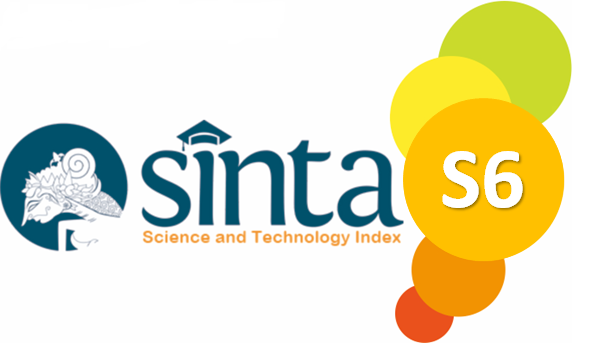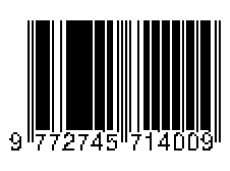Utilization of Solar Energy as Electric Energy for Street Light
DOI:
https://doi.org/10.59141/cerdika.v5i8.2800Keywords:
Solar Energy,, Photovoltaic, Electric EnergyAbstract
The increasing demand for sustainable street lighting solutions has become critical due to rising energy costs, environmental concerns, and the need for reliable illumination in areas with limited grid access. Conventional street lighting systems rely heavily on fossil fuel-based electricity, contributing to carbon emissions and high operational costs, while many remote areas lack adequate lighting infrastructure due to grid connectivity limitations. Indonesia has rich natural resources and abundant energy resources. This study aims to analyze the effectiveness of solar energy utilization as an alternative electric energy source for street lighting systems. The research methodology employs a qualitative approach combined with experimental analysis, utilizing a 50 WP solar panel module to evaluate electrical fluctuations and energy conversion efficiency. Key findings demonstrate that the solar panel system achieves 20% conversion efficiency under optimal conditions (1000 W/m² solar irradiance), with energy obtained from 6 hours of sunlight capable of operating street lamps for 16 hours at 30 watts total output. The system shows effective energy storage through battery integration, enabling continuous lighting operation during nighttime and cloudy weather conditions. Economic analysis reveals significant long-term cost savings despite higher initial installation costs, while environmental benefits include substantial carbon emission reductions and independence from conventional electricity grids. The research implications indicate that solar-powered street lighting systems represent a viable and sustainable solution for public lighting needs, particularly suitable for remote areas and supporting Indonesia's renewable energy transition goals and carbon emission reduction commitments.
Downloads
Published
How to Cite
Issue
Section
License
Copyright (c) 2025 Deitje Sofie Pongoh

This work is licensed under a Creative Commons Attribution-ShareAlike 4.0 International License.











